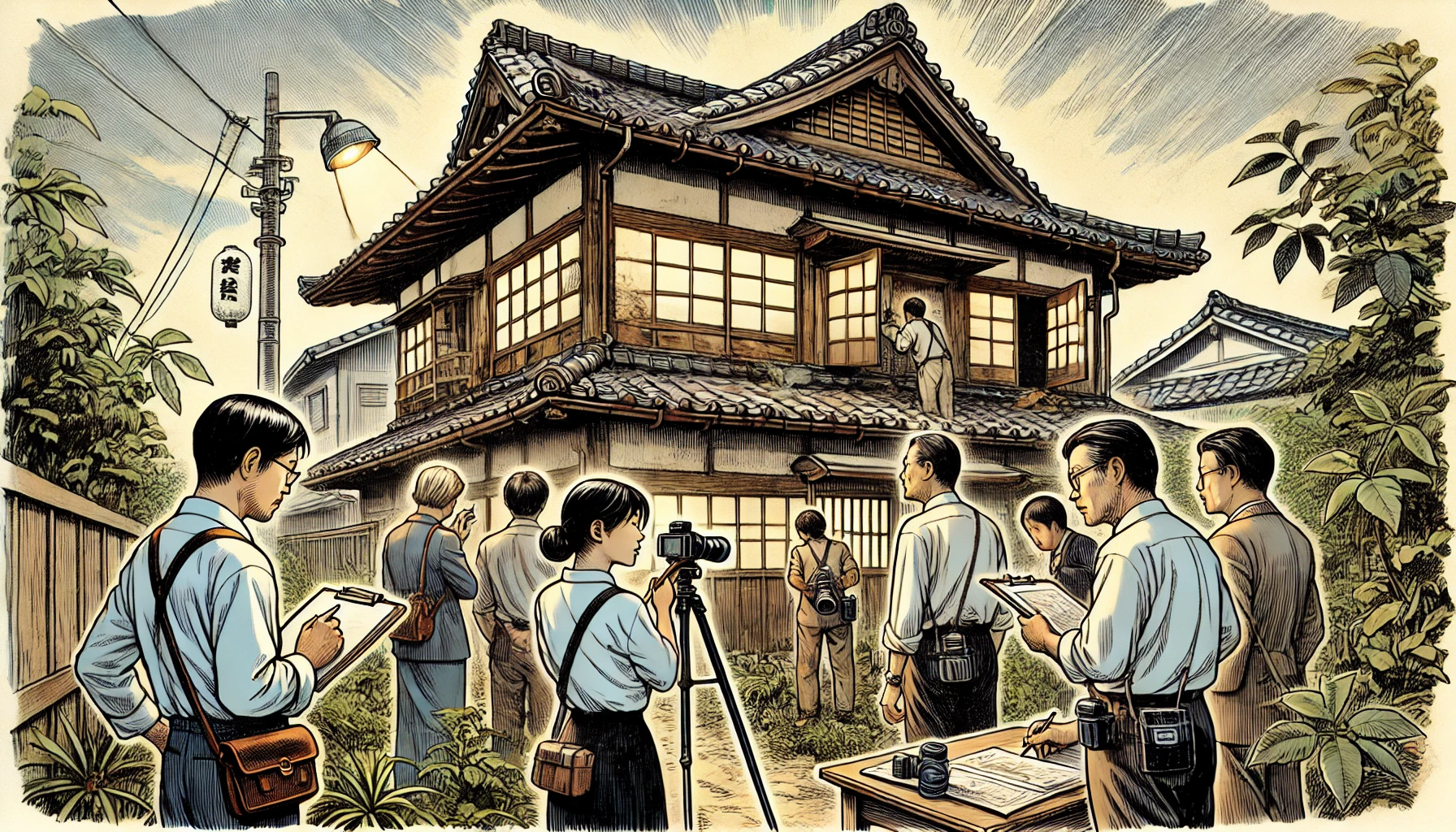
Looking to own a piece of Japan without breaking the bank? 🏡 Japan’s rural areas are filled with affordable vacant houses (空き家) and unused plots of land (空き地)—some even offered for free or at symbolic prices. These properties are gaining attention from locals and foreigners alike, especially those interested in remote living, guesthouses, or investment. Here’s how to find them, what to watch out for, and important legal points for foreign buyers.
🔍 Where to Find Cheap Vacant Properties in Japan
Many municipalities and organizations operate special platforms to match unused properties with new owners. Here are the most popular and reliable services:
🏘️ 1. Akiya Banks (空き家バンク)
Each prefecture or city runs its own “Akiya Bank” listing local vacant homes.
- How to Use: Search by region, view photos and property details, and apply through the site.
- Tip: Contact the municipal office for negotiation or renovation subsidies.
Popular Akiya Bank platforms:
- 全国版 空き家バンク – National-level portal
- LIFULL HOME’S 空き家バンク – User-friendly search experience
🌲 2. Yahoo! Real Estate (ヤフー不動産)
Not just for Tokyo condos! Yahoo lists rural properties, often with land.
- Advanced filters help you find land-only, old houses, or properties under ¥1 million.
🧰 3. Nippon Aruitemita (にっぽんあるける)
This service connects adventurous buyers with unusual rural or forest properties.
- Great for those who want to escape city life and build something from scratch.
🏡 4. Real Estate Agents Specializing in Akiya
Some companies specialize in rural renovations and international customers.
- Examples: Chiiki no Kurashi, Japan Property Central, Tsubamesanjo Akiya Project
🌐 Services for Foreign Buyers
Buying property in Japan is surprisingly straightforward for foreigners. You don’t need permanent residency, and there are no restrictions on land ownership. However, here are key considerations:
✅ What Foreigners Should Know Before Buying
- Language Barrier: Many local agents speak little English. Hiring a bilingual real estate agent or translator is highly recommended.
- Legal Documents: Property transfer involves 登記 (tōki) registration. You’ll need a seal (hanko), identification, and sometimes a tax agent if you live abroad.
- No Visa, No Problem: You can buy land or a house even if you’re on a tourist visa, but ownership doesn’t grant residency.
- Taxes and Fees: Be aware of:
- Registration tax (around 0.4%–2%)
- Fixed property tax (paid yearly)
- Real estate acquisition tax
- Renovation Costs: Older homes might be cheap but need major repairs. Some lack insulation, modern plumbing, or even toilets 🚽.
- Loan Limitations: Most Japanese banks do not provide mortgages to foreigners without permanent residency or a stable income in Japan.
🚫 How to Avoid Regret: What to Check Before You Buy
To make a smart investment and avoid post-purchase regret, always check these aspects:
🧱 1. Structural Integrity
Many homes are over 40 years old and were built before modern earthquake codes. Always get a structural survey.
🚿 2. Utilities
Some properties aren’t connected to running water, sewage, or electricity. Confirm costs and feasibility of installing services.
📍 3. Location Accessibility
Is the house accessible year-round? Some are deep in the mountains with limited road access during winter.
💸 4. Ownership History and Inheritance Issues
Make sure the title is clean and ownership is properly transferred. Some properties are tied up in complex family inheritances.
🧹 5. Ongoing Maintenance
Vacant homes deteriorate quickly. Be prepared to manage mold, pests, and weeds.
🪧 6. Community Rules
Rural areas often have strong community rules about property use, neighborhood duties, or festivals. Respect is key to integration.
🧭 Final Thoughts
With the right research and guidance, owning a piece of the Japanese countryside is possible—and potentially life-changing. Whether you’re dreaming of a countryside escape, remote work retreat, or long-term investment, Japan’s akiya market is full of potential. Just make sure to take the time to verify what you’re really getting into. And who knows? That ¥100 house might be your best decision yet 🏠✨





















































